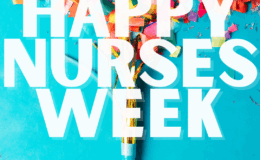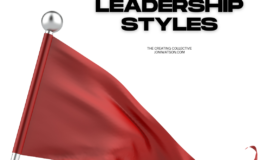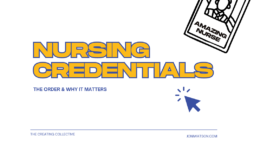The Article: Englund, H., Chappy, S., & Jambunathan, J. (2012). Ethical reasoning and online social media. Nurse Educator, 37(6): 242-247.
Big Idea: While nurses and nursing students frequently utilize social media, little research has been done to understand nursing students’ own understanding of the ANA’s Principles for Social Networking or their accountability for their social media posts and how they relate to the ANA Code of Ethics. After experiencing an increase in students’ unprofessional use of social media, researchers at the University of Wisconsin Oshkosh surveyed their first semester and last semester undergraduate nursing students using a 21-item survey corresponding to the nine provisions within the Code of Ethics.
Survey Says!: 124 nursing students completed the surveys. Mean ages of the two semester groups were young – 22.4 and 24.4 years of age. The convenience sample was predominantly female, and the two groups – first semester and last semester students – had significant differences in their understanding of ethical decisions to not post certain information. Be sure to view the original article for the specifics of all the t tests.
Quotable: “The increasing use of social media sites by nursing students has opened a ‘‘Pandora’s box’’ of issues related to ethicality and nursing professionalism in a cyber world” (p. 243).
“Although the CON [College of Nursing] has a policy in place, unfortunately, results of this study indicated that 27.5% of the sophomore 2 students and 30.4% of the senior 2 students were either unaware or unsure if the CON had such a policy. Clearly, more effective methods are needed to ensure that students are aware of the CON’s social media policy” (p. 247).
So What?: The stories of nurses and nursing students (and other healthcare professionals/students) misusing social media are everywhere. This study indicates nursing students have varying levels of understanding of ethical boundaries while using social media and that it is a learned skill. Perhaps nursing schools and programs should more heavily focus on this skill early in the curriculum to circumvent future issues.
This study could be easily replicable in any nursing school in the world. In fact, the authors encourage others to use their tool to further validate the survey. Every nurse should reach out to his alma mater to make it aware of this study and the tool as it just might shed some light on this highly unstudied yet incredibly needed area of research.





